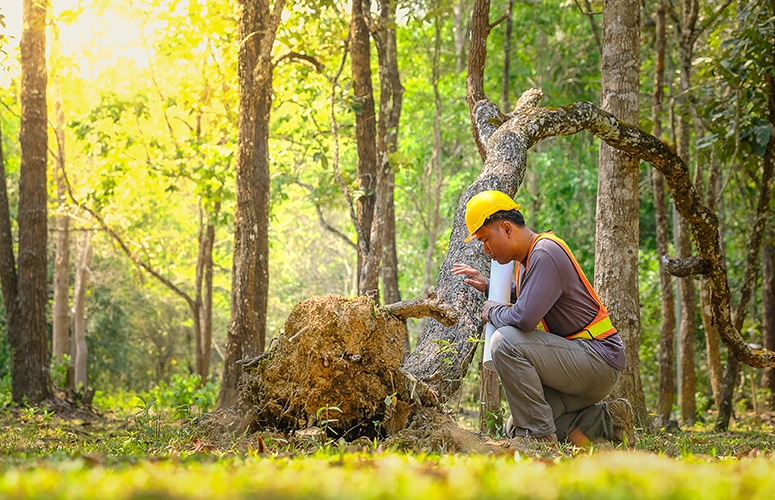
Remediation Experts: Cleanup Program Works Well, But Could Improve
By John Oberer, LSRP, GZA GeoEnvironmental, Inc. On Mar 16, 2021Last fall, the Licensed Site Remediation Professionals Association (LSRPA) surveyed environmental practitioners, including LSRPs, working in the State of New Jersey. Our survey received 250 responses, or about one-third of the population solicited. More than three-quarters of respondents were LSRPs.
It is perhaps the most comprehensive look to date at how environmental practitioners view the industry.
Overall, responding professionals believe the Site Remediation Program works well, although a majority say it needs some level of improvement.
According to the survey results, the best performing aspects of the Site Remediation Program (top three listed) are the speed of remediation (62%), the ability of LSRPs to use professional judgment (52%) and NJDEP guidance (45%).
Aspects of the program identified as most in need of improvements (top three listed) include the level of NJDEP inspection and review (52%), the NJDEP permitting programs (52%), and timeframes (38%).
As many as 64% of LSRPs report the NJDEP rejected their professional judgment during review of a remedial phase submission. However, of those who had professional judgment rejected, 66% report having been able to resolve the issue with the NJDEP. This means that more than 20% of LSRPs who participated in the survey have had difficulty or been unable to achieve satisfactory resolutions to questions of professional judgment issues with the NJDEP.
One issue many LSRPs have with the Site Remediation Program is the NJDEP’s position that a LSRP is required to report discharges they learn of during performance of environmental due diligence, meaning reviews of environmental issues during property transactions.
According to the LSRPA survey, about 55% of LSRPs perform pre-purchase property due diligence. It is not known why more LSRPs do not perform due diligence, but it is possible the Site Remediation Program’s position that LSRPs are required to report discharges limits this market.
The survey also polled the professionals for the status of their sites with respect to the looming mandatory Remedial Action (RA) deadlines in 2021 and 2022. A Remedial Action deadline is met when an LSRP issues a Response Action Outcome (RAO), indicating that a project has successfully remediated an environmental concern.
A total of 27% reported having more than five projects with mandatory RA deadlines in 2021 or 2022. The vast majority of respondents reported having up to five sites that would not meet the timeframe. Of those, 12% of professionals reported having more than five cases that will not meet the deadlines, and 4% indicated that they have more than 10 sites that will not meet the deadlines.
When asked why their projects would not meet the mandatory timeframes, 65% said it was the complexity of the project. Site access was the only other reason provided by more than half of the respondents.
After completion of the survey, the NJDEP agreed to extend 2021 deadlines.
To access more business news, visit NJB News Now.
Related Articles:





